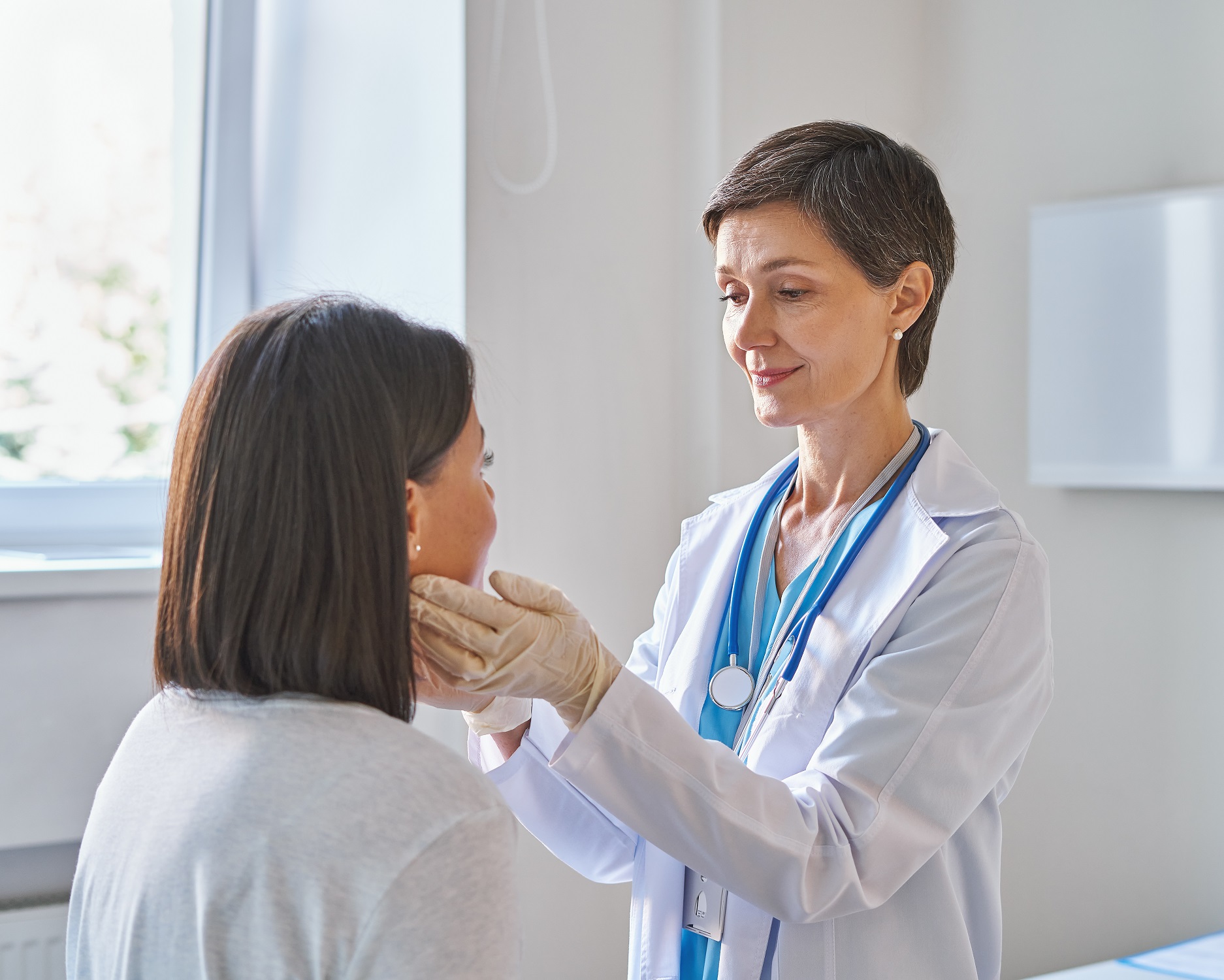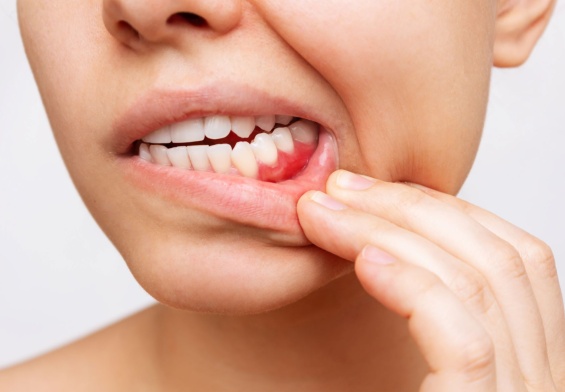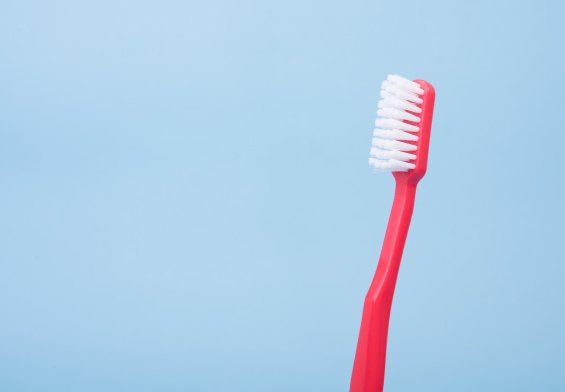Oral cancer is a serious health issue that can be life-threatening if not detected and treated early. Many dental patients remain unaware of the risks oral cancer poses and the preventive measures they can take to protect themselves from it. This article will discuss some effective strategies for preventing oral cancer, demonstrating the importance of lifestyle choices and regular medical and dental checkups.
Understanding Oral Cancer
Oral cancer includes cancers of the mouth, lips, tongue, and throat. It can show up in numerous forms and symptoms, and dealing with it may require oral surgery, so patients need to be vigilant about any changes to their oral health. Understanding the risk factors and adopting a proactive approach to minimize them is the key to oral cancer prevention.
Avoid Tobacco and Limit Alcohol Use
Tobacco Use
Using tobacco poses one of the most significant risk factors for oral cancer. Regardless of whether it’s smoked or chewed, tobacco exposes oral cells to mouth cancer-causing chemicals. The longer and more frequently tobacco is used, the higher the risk it poses.
If you are currently using tobacco, quitting is one of the best steps to take for oral cancer prevention. There are various programs available that can provide support and resources to help you quit using tobacco.
Alcohol Consumption
Heavy alcohol use is another major risk factor for oral cancer. Chronic excessive alcohol consumption can irritate makes the cells in your mouth more vulnerable to cancer. This risk increases dramatically if you also use tobacco.
If you drink alcohol, it needs to be done in moderation for the purposes of avoiding oral cancer. In healthy adults, moderation means up to one drink per day for women of all ages and men older than age 65, and up to two drinks per day for men aged 65 and younger.
Protect Against HPV Infection
Human papillomavirus (HPV) is linked to a significant number of oral cancers. HPV is a sexually transmitted virus that can cause changes in mouth and throat cells, often leading to cancer.
Fortunately, there are vaccines available to protect against the most dangerous strains of HPV. Getting vaccinated for HPV before becoming sexually active is ideal, but it’s never too late to discuss vaccination and oral cancer prevention with your healthcare provider.
Limit Sun Exposure
The risk of oral cancer increases dramatically with exposure to the sun and its UV rays. Protecting your lips from UV rays is an important step in oral cancer prevention. Using a lip balm with a high SPF can help protect your lips from harmful UV rays. Additionally, wearing a broad-brimmed hat can provide extra sun protection for your face and lips.
Maintain Regular Dental Checkups
Regular dental checkups for cancer prevention are incredibly important for early detection. During a dental visit, your dentist will examine your teeth, gums and the soft tissue in and around your oral cavity. They will be able to notice any abnormalities and can identify these abnormalities as precancerous lesions. If this happens, your dentist can refer you to an oral cancer specialist for the next steps.
Healthy Diet and Weight Management
A healthy diet rich in fruits and vegetables can also play a big part in oral cancer prevention. These fruits and veggies contain important vitamins and antioxidants that help protect your cells from damage. Staying at a healthy weight is just as important, since obesity is a risk factor for many types of cancer. A balanced diet and regular exercise can go a long way toward preventing mouth cancer.
Preventing Mouth Cancer
Preventing mouth cancer requires a versatile approach that includes lifestyle changes, regular medical and dental checkups, and remaining informed about the risks. Avoiding tobacco, limiting alcohol consumption, protecting against HPV, reducing sun exposure, and maintaining a healthy diet all go a long way towards avoiding oral cancer.
All dental patients need to take these preventive measures seriously. Regular dental checkups for cancer prevention are an important part of oral health care, allowing dentists to detect oral cancer and intervene. If you have any concerns about your oral health or risk factors for oral cancer, speak with your healthcare provider about them.




